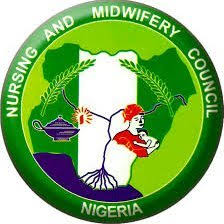The Democratic Republic of Congo (DRC) has declared its 16th Ebola virus disease (EVD) outbreak, confirmed in Kasai Province, officials announced on Thursday.
The index case was a 34-year-old pregnant woman admitted to hospital last month with high fever and persistent vomiting. So far, 15 deaths have been recorded, while 28 suspected cases have been identified across Bulape and Mweka health zones in Kasai Province. Four healthcare workers are among the cases. Laboratory analysis confirmed the Zaire strain of the virus, and investigations are underway to determine the source of infection.
Kasai last witnessed an Ebola outbreak in 2008, while Equateur Province recorded one in 2022.
In response, the Africa Centres for Disease Control and Prevention (Africa CDC) has moved swiftly to support the Congolese government. Director General Dr. Jean Kaseya travelled to DRC to meet with the Minister of Health and coordinate containment efforts. Experts have already been deployed to strengthen surveillance, contact tracing, laboratory testing, and infection prevention measures in affected communities.
“Africa CDC stands firmly with the people of the Democratic Republic of Congo,” Dr. Kaseya said. “We are taking strong measures to bring this outbreak under control—protecting communities and supporting the health workers on the frontlines.”
Ebola is a severe zoonotic viral haemorrhagic fever spread from infected wild animals such as fruit bats, porcupines, and primates to humans, and through human-to-human transmission via direct contact with bodily fluids, tissues, or contaminated surfaces. Symptoms include fever, fatigue, muscle pain, headache, vomiting, diarrhoea, and unexplained bleeding or bruising. The disease has an average fatality rate of about 50 per cent.
Africa CDC reaffirmed its commitment to supporting DRC in the fight against the outbreak, pledging to strengthen digital surveillance, expand case detection and management, and ensure the protection of frontline healthcare workers through infection control measures and targeted vaccination.
As health authorities intensify their response, regional and international partners are expected to play a crucial role in containing the outbreak and preventing further spread.




